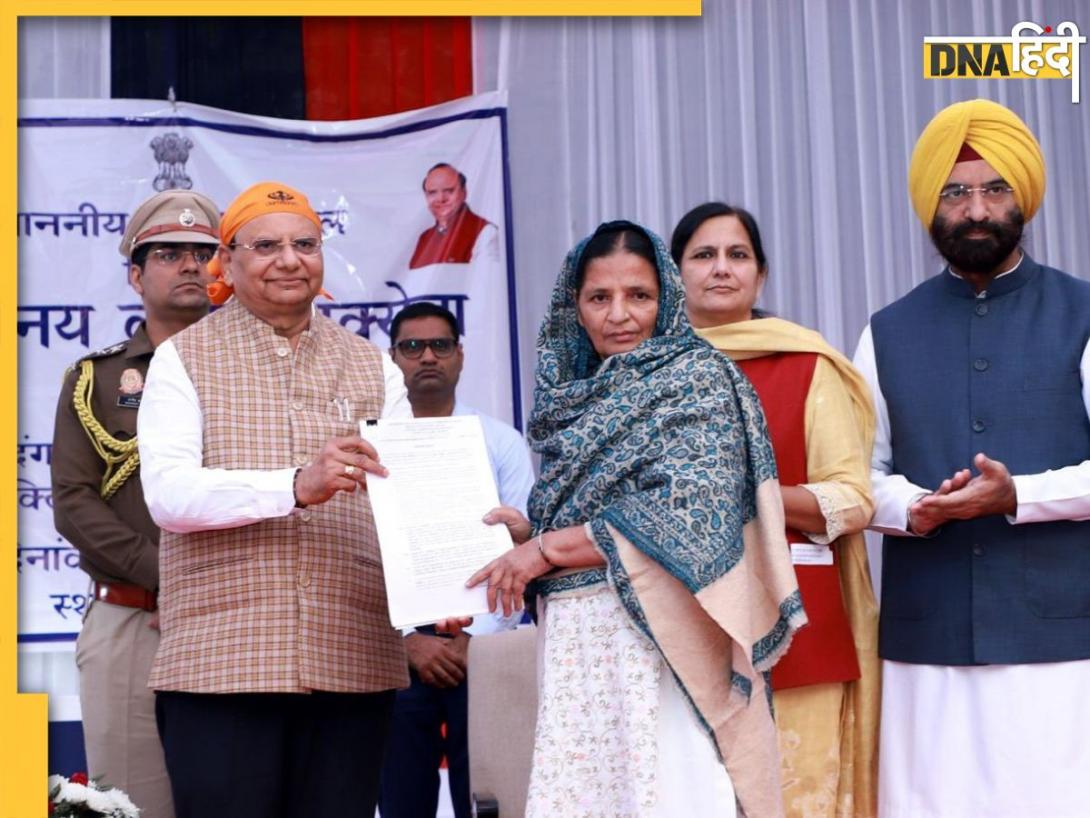- LATEST
- WEBSTORY
- TRENDING
HEALTH
Alia Bhatt reveals she has ADHD: What is it? How to deal with it?
ADHD is a prevalent mental health disorder, affecting approximately 6% of children and 2.5% of adults, according to the World Federation of ADHD.
TRENDING NOW
Bollywood actress Alia Bhatt recently opened up about her struggle with attention deficit disorder (ADD), an outdated term often associated with attention deficit hyperactivity disorder (ADHD). In an interview with Allure magazine, Bhatt candidly shared her challenges with prolonged focus, stating that she cannot sit in a makeup chair for more than 45 minutes due to her condition. She emphasized her need for quick processes, revealing that even on her wedding day, she resisted sitting for a lengthy makeup session, preferring to relax instead.
What is ADHD?
ADHD is a neurodevelopmental disorder characterized by symptoms such as hyperactivity, impulsivity, and, in some cases, inattention. Individuals with ADHD often struggle to maintain focus on specific tasks and may find it challenging to sit still. ADHD is typically categorized into three types: predominantly inattentive, predominantly hyperactive-impulsive, and combined presentation.
Symptoms of ADHD?
Individuals with inattentive ADHD may experience difficulty concentrating, forgetfulness, and disorganization. Symptoms can manifest as trouble following conversations, losing personal items, and having a short attention span. While symptoms may evolve with age, many individuals continue to face challenges related to attention and organization throughout their lives.
Prevention and measures
ADHD is a prevalent mental health disorder, affecting approximately 6% of children and 2.5% of adults, according to the World Federation of ADHD. Research shows that about 60% of children with ADHD carry symptoms into adulthood, highlighting the importance of effective management.
Managing ADHD often requires a multifaceted approach. Strategies such as cognitive-behavioral therapy (CBT) can help develop coping mechanisms, while medications may assist in symptom management. Mindfulness practices can enhance focus, and creating structured routines can improve organization. Support networks, including professional guidance and peer groups, also play a vital role in coping with the disorder.







)
)
)
)
)
)
)
)
)
)
)
)
)
)
)
)



























































